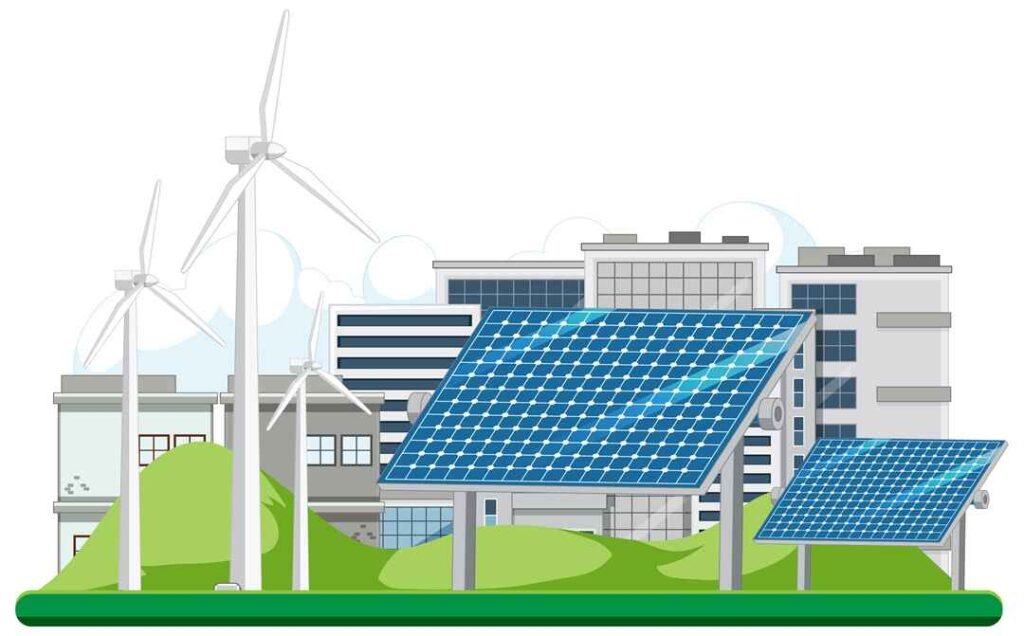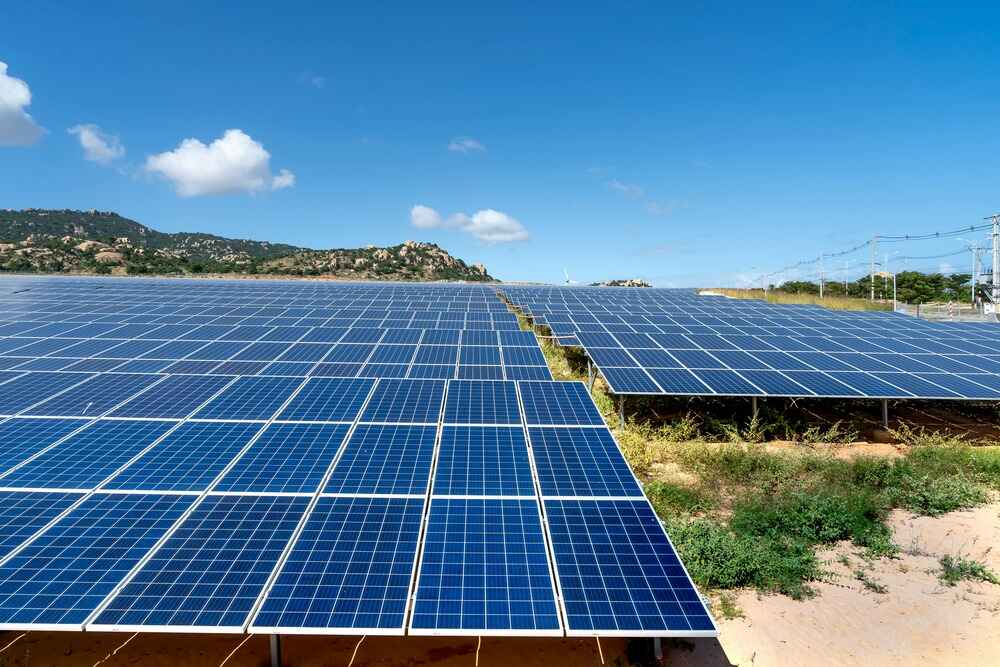
Table of Contents
- Introduction
- The Growing Demand for Solar Energy in Homes
- Key Residential Solar Energy Benefits
- Environmental Benefits of Solar Energy
- Solar Energy Future Trends Shaping Residential Power
- Energy Independence with Solar Power
- Net Metering for Residential Solar: How It Works
- How to Install Solar Panels at Home
- Residential Solar Panel Installation Cost: What to Expect
- Conclusion
Introduction
The world is swiftly changing towards sustainable and renewable energy sources, and at the leading edge of this transformation is solar energy for home use. As homeowners seek cleaner, more budget-friendly ways to power their houses, solar power for the home has emerged as a trustworthy and financially rewarding solution.
At SouthVine Energy, we are devoted to providing tailored renewable energy solutions for houses, simplifying and making accessible the move to clean energy for homes. In this blog, we explore why solar energy is the future of home power and how you can gain from this growing movement.
The Increasing Demand for Solar Energy in Homes
With rising electricity costs and growing environmental concerns, homeowners are actively searching for alternative energy solutions. Solar energy for residential use offers:
• Long-term cost savings
• Reduced dependence on conventional power grids
• An environmentally responsible energy choice
This rising demand has positioned residential solar energy benefits as a crucial element in the evolution of home energy systems.
Key Residential Solar Energy Benefits
The advantages of adopting solar power for homes are extensive:
• Reduced Electricity Bills: Generate your own power and significantly lower monthly expenses.
• Increased Property Value: Houses with solar systems frequently sell at a premium.
• Government Incentives: Tax credits and rebates make installation more affordable.
• Low Maintenance: Solar systems require minimal ongoing care.
• Long-Term Reliability: Solar panels usually have a lifespan of 25+ years.
At SouthVine Energy, we make sure that every homeowner experiences the full range of residential solar energy benefits with our expertly designed systems.
Environmental Benefits of Solar Energy
Switching to solar energy for residential use isn’t just good for your wallet — it’s a big win for the planet:
• Reduced Carbon Emissions: Lower your household’s carbon footprint.
• Decreased Air Pollution: Support cleaner air by reducing reliance on fossil fuels.
• Sustainable Energy Source: Solar power is abundant and renewable.
By choosing clean energy for homes, you’re contributing to a healthier environment for future generations.
Solar Energy Future Trends Shaping Home Power
The future of home solar power is incredibly bright, with several trends driving growth:
• Improved Efficiency: The best solar panels for home use are now more efficient than ever.
• Energy Storage: Advanced battery technologies allow homeowners to store extra energy.
• Smart Home Integration: Solar systems are increasingly compatible with smart home technologies.
• Community Solar Projects: Shared solar systems make renewable energy more accessible.
At SouthVine Energy, we stay at the forefront of these solar energy future trends, making sure our clients get cutting-edge solutions.
Energy Independence with Solar Power
One of the most compelling reasons to invest in solar power for the home is achieving energy independence with solar power. By producing your own electricity, you reduce reliance on the utility grid and protect yourself from fluctuating energy prices and power outages.
This level of independence offers peace of mind, financial security, and long-term stability.
Net Metering for Residential Solar: How It Works
Net metering for residential solar is a system that allows homeowners to:
• Sell excess electricity back to the grid.
• Receive credits for the surplus power generated.
• Offset electricity costs during periods of low solar production.
This arrangement maximizes the financial benefits of your solar investment, making residential solar energy benefits even more attractive.
How to Install Solar Panels at Home
Here’s a brief guide on how to install solar panels at home:
1. Site Assessment: Evaluate your roof’s condition, orientation, and shading.
2. System Design: Create a customized system based on your energy needs.
3. Permitting: Secure all necessary permits and approvals.
4. Installation: Professional technicians install the system safely and efficiently.
5. Inspection & Activation: The system is inspected, approved, and activated.
At SouthVine Energy, we manage the entire residential solar panel installation process, guaranteeing a hassle-free experience.
Residential Solar Panel Installation Cost: What to Expect
The residential solar panel installation cost can vary depending on:
• System size and capacity
• Panel type and efficiency
• Roof complexity
• Local permitting and labour costs
On average, most homeowners recoup their investment within 5 to 7 years through energy savings and government incentives. At SouthVine Energy, we provide transparent pricing and multiple financing options to fit every budget.
Conclusion
The shift toward solar energy for home use isn’t a trend—it’s the future. With the numerous residential solar energy benefits, significant environmental benefits of solar energy, and opportunities for energy independence with solar power, there’s never been a better time to invest in clean energy for homes.
At SouthVine Energy, we’re committed to helping homeowners embrace the future of home solar power with confidence and ease.
Contact us today for a free consultation and take the first step toward a more sustainable, energy-efficient future.


